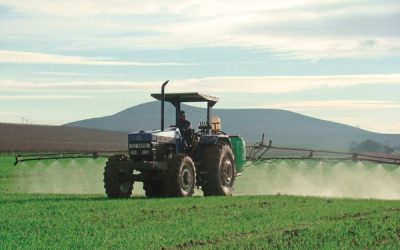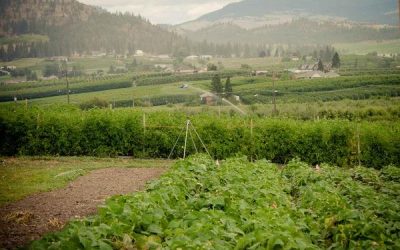NEIGHBOURS ORGANIC WEEKLY BUYING CLUB
Providing the Finest Products to the Best Feed Suppliers.
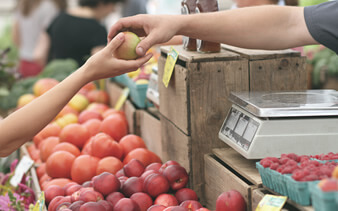
Affordable Prices

Local Growers
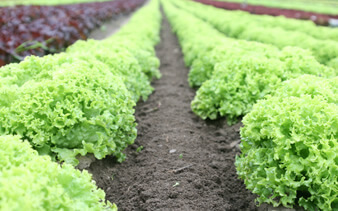
Certified Organic
WELCOME TO NEIGHBOURS ORGANIC WEEKLY BUYING CLUB
Neighbours is a network of organic buying clubs operating in the Greater Vancouver area of BC. We are groups of people who live or work close by one another, co-operating to purchase groceries, often directly from local farms, through this website.
LOCAL SUSTAINABILITY
Support Your Local Farmers
At
Our Mission Inspiration
“We must recover the sense of the majesty of the creation and the ability to be worshipful in its presence. For it is only on the condition of humility and reverence before the world that our species will be able to remain in it.”
~ Wendel Berry
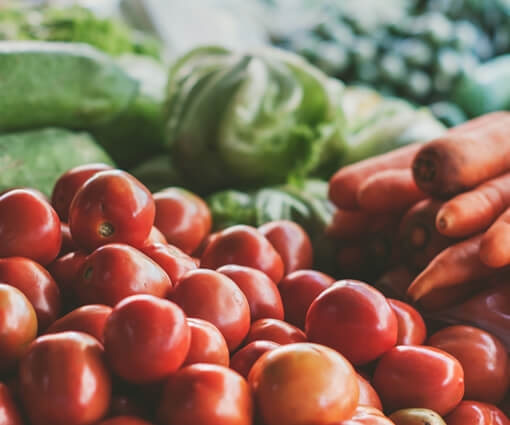
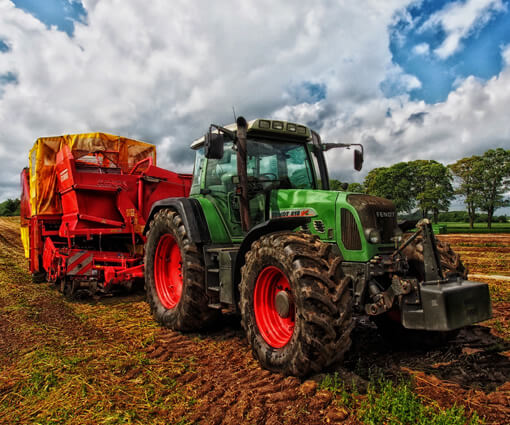
Our Local Vendors
BC growers and processors who make delicious food for us. As we have time to grow Arila Apiary, CEEDS.
Organic Food Recipes
Curried Parsnip Pie
Make pastry by rubbing butter into flour til crumbly texture. Add seasonings then water to make a firm dough.
Blanch baby onions with parsnips and carrots in just enough water to cover for 5 min. Drain, reserving 1 1/4 C liquid.
Pour into a pie dish. Roll out pastry and place on top. Cut several slits in pastry to allow steam to escape.
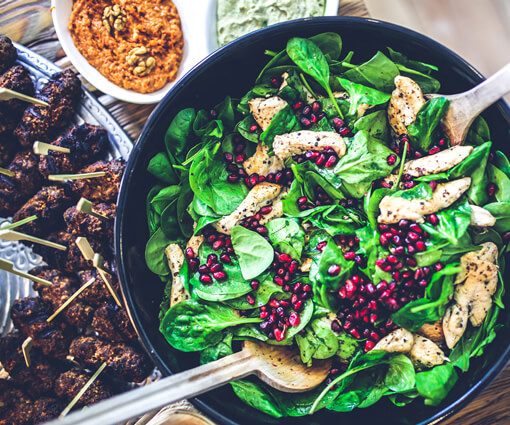
From Our Blog
Things You Should Know About Farming And Agriculture
There are pros and cons to every means of livelihood or even hobby and farming is no exception. It does not involve just planting seeds and waiting for them to grow. There are many other factors that go into being a good farmer. You do indeed reap what you sow, hence ensure that a good deal of effort is put into what exactly you sow. For this you need to have a good deal of knowledge about farming and agriculture at a large. In this article we have explored a few things you need to know about the same.
1: FARMING AND AGRICULTURE INVOLVES ANYTHING TO DO WITH GROWING PLANTS AND ANIMALS FOR VARIOUS PURPOSES:
A very brief definition for agriculture is anything that has to do with growing plants and animals for any other purpose. While this might not be the most accurate definition that you could find in a dictionary, it is practical for it encompasses both production agriculture and all that comes before and after the farm as well.
Agriculture is the genetics work that is used to improve farmers seeds and produce. It is the development and sale of everything owned by farmers including tractors, fertilizers etc. It is finally, also the marketing, sales and distribution of everything that is produced by the plants and animals.
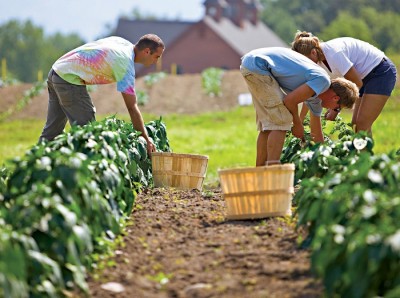
2: FARMING IS EXPENSIVE:
Despite all popular belief, farming is an extremely expensive activity and like many entrepreneurial occupations, it requires money to make money in the long run. Cost of land to even make a living can go up to around 7 figures. Improvements on property can cost even more. Further, seeds, livestock and all the equipment required to actually run a successful farm can take a lot more money. First generation farmers will find it extremely difficult to initially establish themselves a solid footing in farming, especially when it comes to start up capital.
3: ALMOST EVERYTHING WE EAT, WEAR OR USE COMES FROM A FARM:
Aside from metal, stone, plastic etc, everything that we own and use comes from a farm, be it corn, wheat, wood, cotton and hundreds of other products all come from a farm. We often take it for granted and do not realise that all every day products that we use without any thought comes from complicated processes at a farm.
4: FARMING TODAY IS HIGHTECH:
Today’s farms aren’t exactly like the ones we see in picture books, with only the livestock, sheds and haystacks. Farmers today make use of computerised devices, drones, robots, iPads and more. Many farms today have WiFi, webcams and CCTV cameras to record all activities. Farmers can easily monitor a cow in labour or adjust the temperature in the barn simply from their smart phones. Today there is a lot of care put into the comfort and safety of the animals.
How Do You Farm So Well?
Farming, both as a means of livelihood or a hobby on the side requires immense patience and meticulous care to yield results. You truly only reap what you sow, hence a good deal of effort must be put into what you do sow. In this article, we have explored some ways for you to up your farming game.
Before we get into the nitty-gritty it is beneficial to keep in mind some healthy farming principles.
- Productivity: A good farm should be able to produce food in abundance.
- Economic Viability: A good farm should be self-sufficient while providing proper wages and fair working conditions for those who work in it. It should help boost the region’s economy as much as possible.
- Environmentally friendly: A good farm should be environmentally responsible and should maintain the fertility of the soil and the surrounding environment for future generations.

You can maintain these principles by following proper farming practices like
- A healthy farm would have uncultivated land around as buffer to keep the nearby waterways from getting polluted and it also becomes a home for helpful organisms.
- Crop Rotation and diversity is a key to maintaining soil fertility. It also helps a farmer grow crops throughout the year since some crops grow only at a specific time of year. This can be an invaluable source of income should one of the crops fail due to unforeseen circumstances. Healthier soil, more variety of crops, reduced needs for pesticides and higher profits are some of the benefits of crop rotation and diversification.
- Integrate livestock with your crops. This is beneficial for both. A well-managed pasture can increase your crop yield by a significant margin all while maintaining biodiversity. The manure from the animals becomes a natural fertilizer for the crops and this maintains the soil fertility. Proper integration of animals into the farm can open up the market to alternative crops and enable more complex crop rotation cycles.
- When the soil is bare, it is beneficial to plant cover crops. Cover crops can reduce soil erosion, improve soil fertility and the water holding capacity. Plus it acts as a natural weedicide by keeping weeds from growing.

Roger Dunn
“I started this venture as a hobby; but after 3 rounds of investment, we are set to take the country by storm.”

QUICK LINKS
CONTACT US
NOWBC c/o Grant Watson
102-5698 Aberdeen St
Vancouver, BC
V5R 4M6
